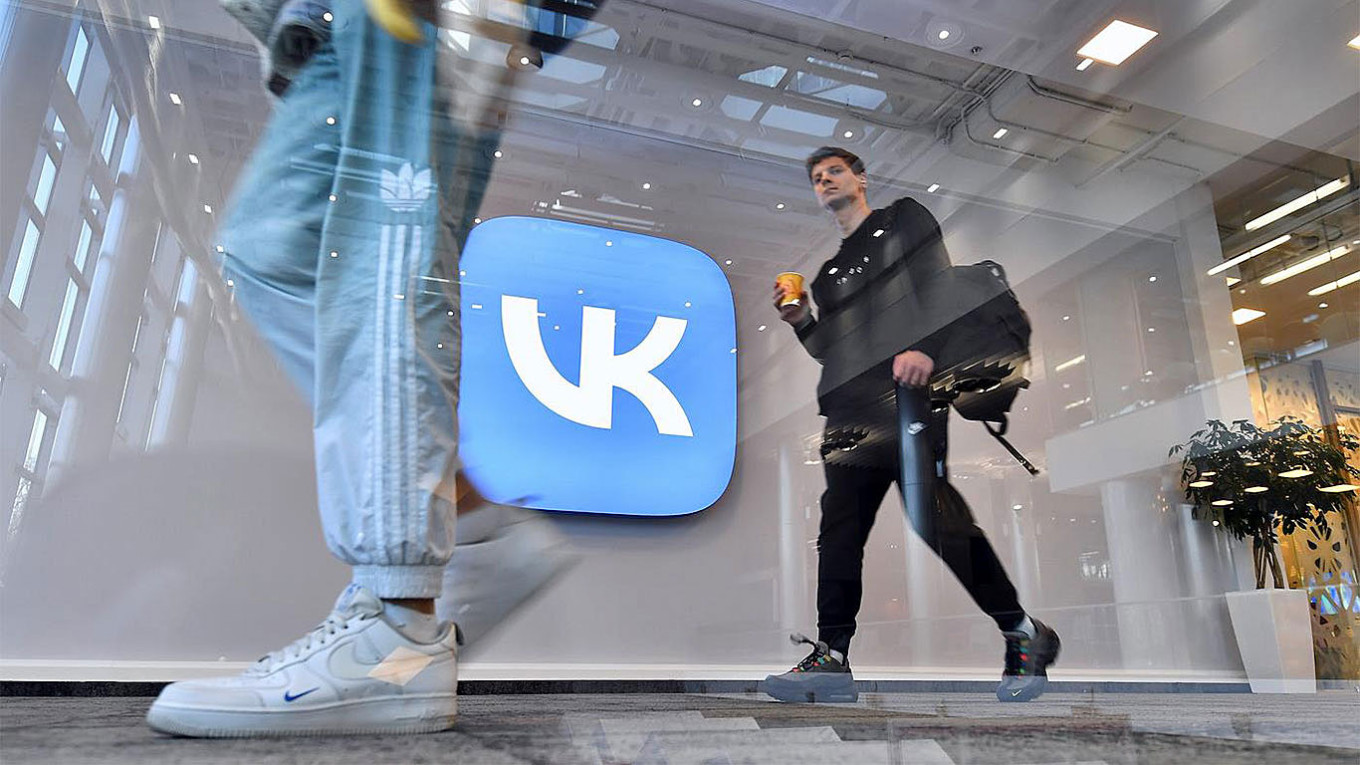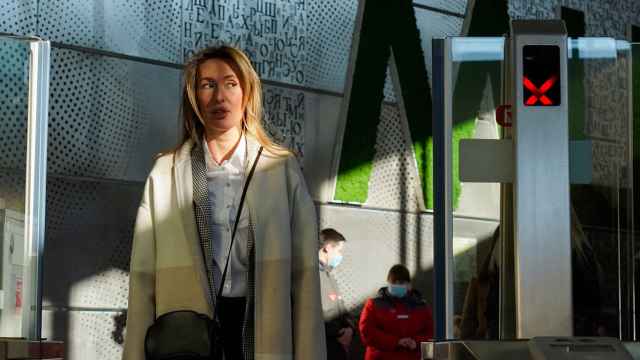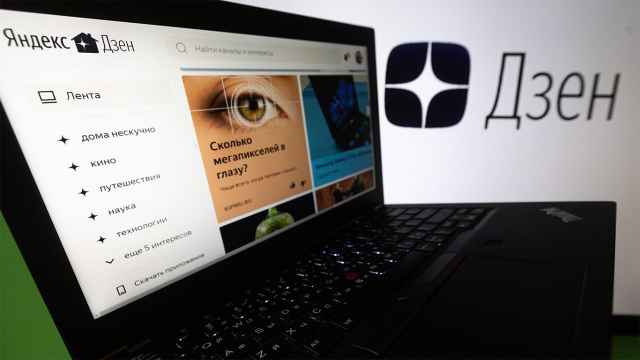Updates with clarification from VK source.
Russian tech giant VK Group is demanding its employees based abroad return to the country as lawmakers consider a legal ban on remote work, investigative media reported Thursday, citing sources familiar with the matter.
The government estimates that 100,000 IT workers — or 10% of the nation’s tech workforce — have left Russia since the invasion of Ukraine and a “partial” mobilization of reserves last year, though some 80,000 IT specialists continue to work for Russian companies from abroad.
Two unnamed sources close to VK’s management told the Mozhem Obyasnit investigative outlet that the company has ordered foreign-based employees to return to Russia or face dismissal.
One of the sources attributed the demand to “issues of server security and a desire to prevent leaks.”
Another linked it to planned legislation that would ban remote work for specific professions, which would serve as grounds to fire VK employees who refuse to return to Russia.
The layoffs could also “help rid” VK of “at-risk” employees if the Russian military launches a widely rumored second mobilization campaign to add to its manpower in Ukraine, the second source said
The company fears that remote workers could “deliberately sabotage” VK if their family members are drafted into the army, they added.
Explaining the demand, a VK source told Forbes Russia that some of its workers were required to work from the office to ensure data security and that the company didn’t intend to fire workers who wanted to stay abroad, and would be offering them transfers to projects with no access to sensitive information instead.
While IT workers were among the categories of citizens exempted from Russia’s first mobilization in the fall, there were several reported cases of tech employees being handed draft papers anyway.
VK Group reportedly plans to make the demand public by late March.
VK, which employs more than 10,000 people, owns the popular Mail.ru email and news services as well as the VKontakte and Odnoklassniki social networks, among others.
The group is expected to buy Yandex, Russia’s largest search engine and news aggregator.
The announced sale, which is subject to government approval, has sparked fears that Russians could lose access to some of the few remaining independent media outlets that have not yet been banned or shut down since the Ukraine invasion.
VK CEO Vladimir Kirienko is the son of Sergei Kirienko, the deputy head of President Vladimir Putin’s administration.
A Message from The Moscow Times:
Dear readers,
We are facing unprecedented challenges. Russia's Prosecutor General's Office has designated The Moscow Times as an "undesirable" organization, criminalizing our work and putting our staff at risk of prosecution. This follows our earlier unjust labeling as a "foreign agent."
These actions are direct attempts to silence independent journalism in Russia. The authorities claim our work "discredits the decisions of the Russian leadership." We see things differently: we strive to provide accurate, unbiased reporting on Russia.
We, the journalists of The Moscow Times, refuse to be silenced. But to continue our work, we need your help.
Your support, no matter how small, makes a world of difference. If you can, please support us monthly starting from just $2. It's quick to set up, and every contribution makes a significant impact.
By supporting The Moscow Times, you're defending open, independent journalism in the face of repression. Thank you for standing with us.
Remind me later.






